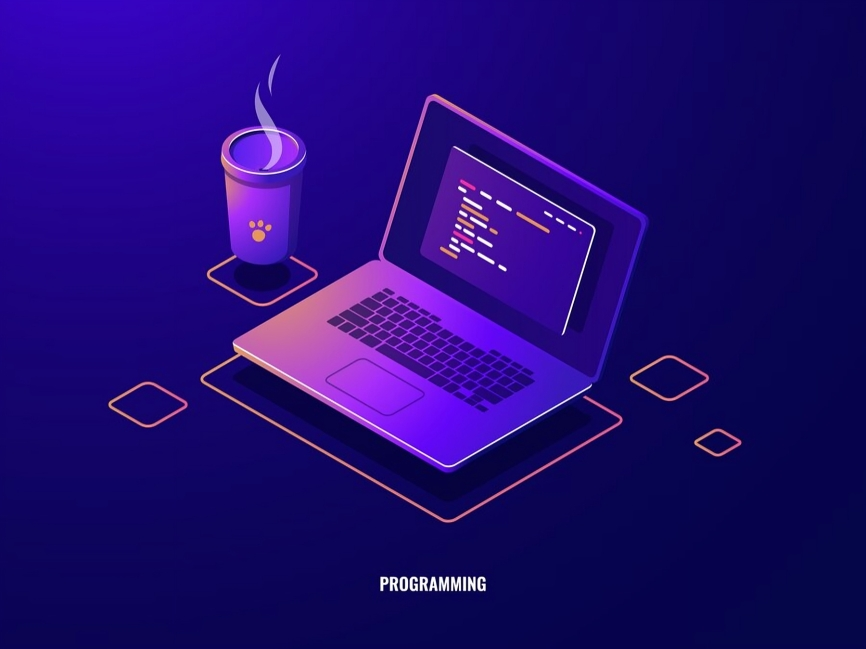Completing a programming assignment effectively often feels like scaling a steep mountain. Programming is a skill that requires critical thinking, problem-solving abilities, and strong foundational knowledge. From choosing the right language to debugging tricky code, every step matters in crafting an excellent solution. But, with the right guidance, these tasks can become manageable.
Understanding Programming Assignments
Programming assignments are designed to test your coding skills, logical reasoning, and understanding of computer science fundamentals. Each assignment aims to build technical knowledge and foster creativity in solving complex problems.
The Purpose of Programming Assignments
Programming assignments serve as practical exercises to help students solidify theoretical knowledge. They expose learners to real-world coding challenges. When students actively engage with these assignments, they develop problem-solving skills essential for a tech-driven career.
Common Programming Challenges
Programming can seem daunting, especially for beginners. Syntax errors, debugging, and choosing the right algorithm often present hurdles. Recognizing and tackling these issues effectively can significantly boost confidence and skills.
How to Tackle a Programming Assignment
Understand the Requirements Thoroughly
Before starting, read the assignment guidelines carefully. Understand the problem, required output, and any constraints imposed by the task. Misinterpreting requirements can lead to wasted effort and incomplete solutions.
Choose the Right Programming Language
Some assignments specify a language, but when given a choice, opt for one that aligns with your expertise. For example, Python works well for data analysis, while C++ is excellent for performance-critical tasks.
Break the Problem Into Smaller Parts
Divide the task into smaller, manageable components. Instead of tackling everything at once, solve each part systematically. Breaking down a problem fosters clarity and reduces the chances of errors.
Write Pseudocode First
Draft pseudocode to outline the solution logically. This step helps identify potential problems before actual coding begins, ensuring smoother execution.
Focus on Writing Clean Code
Clean, readable code enhances maintainability. Use meaningful variable names, add comments, and follow proper indentation for better readability.
Debugging: A Crucial Skill in Programming Assignments
Debugging is a skill every programmer needs to master. Identifying errors and rectifying them effectively saves time and effort.
Common Debugging Techniques
- Print Statements: Insert print statements to check variable values and program flow.
- Debugging Tools: Modern IDEs offer robust debugging features for tracking errors efficiently.
- Rubber Duck Debugging: Explaining your code to an imaginary listener often reveals hidden mistakes.
Avoiding Common Mistakes
- Ignoring Edge Cases: Test your program with varied inputs, including edge cases.
- Skipping Documentation: Documenting your code helps others (and your future self) understand your logic.
- Rushing Through: Hasty coding leads to avoidable errors; patience pays off.
Resources for Programming Assignments
Online Coding Platforms
Several online platforms provide practice problems and tutorials. Websites like LeetCode, HackerRank, and Codewars offer challenges to improve coding skills.
Programming Communities
Participate in forums like Stack Overflow and GitHub. These communities are treasure troves of coding advice and collaborative problem-solving.
Seek Professional Help
Sometimes, assignments may seem overwhelming. Consider seeking guidance from tutors or assignment help services when needed. However, ensure you use these resources responsibly and prioritize learning.
Benefits of Completing Programming Assignments Independently
Improves Problem-Solving Skills
Each assignment solved independently boosts logical thinking and fosters an analytical mindset. These skills prove invaluable in professional life.
Builds Confidence
Successfully completing challenging tasks instills confidence. It also encourages students to tackle increasingly complex problems without hesitation.
Prepares for the Real World
Programming assignments mimic real-world scenarios, equipping students with practical skills they will use in their careers.
Best Practices for Programming Assignments
Start Early
Procrastination often leads to rushed, low-quality solutions. Begin working on assignments early to allow ample time for refinement.
Keep Learning
Stay updated with the latest technologies and programming assignment trends. Continuous learning helps you stay relevant in this ever-evolving field.
Test, Test, and Test Again
Thoroughly test your program to ensure it handles all scenarios effectively. Testing guarantees a robust and reliable solution.
Collaborate, But Don’t Copy
Collaboration encourages learning through knowledge-sharing. However, ensure your solutions remain unique and truly reflective of your understanding.
Conclusion
Programming assignments are not just academic exercises; they’re stepping stones toward a successful career in technology. With the right approach, these assignments can transform into opportunities to learn, grow, and excel.
Embrace challenges with optimism, utilize resources effectively, and always strive for clarity in your work. The journey may seem tough, but the skills you gain make it worthwhile.
Frequently Asked Questions
What should I do if I don’t understand the programming assignment?
Take time to reread the instructions carefully and seek clarification from your instructor or peers.
How can I improve my debugging skills?
Practice debugging techniques regularly, use IDE tools effectively, and study error logs thoroughly to identify common patterns.
Which programming language is best for beginners?
Python is highly recommended for beginners due to its simplicity, readability, and extensive community support.
Are online coding platforms useful for assignment preparation?
Yes, platforms like HackerRank and LeetCode provide excellent practice problems to enhance coding proficiency.
How can I avoid plagiarism in programming assignments?
Write original solutions and avoid copying code. Document and cite any references or inspiration appropriately.
Is seeking professional help for programming assignments ethical?
Yes, if used responsibly to learn and improve skills. Avoid submitting someone else’s work as your own.











